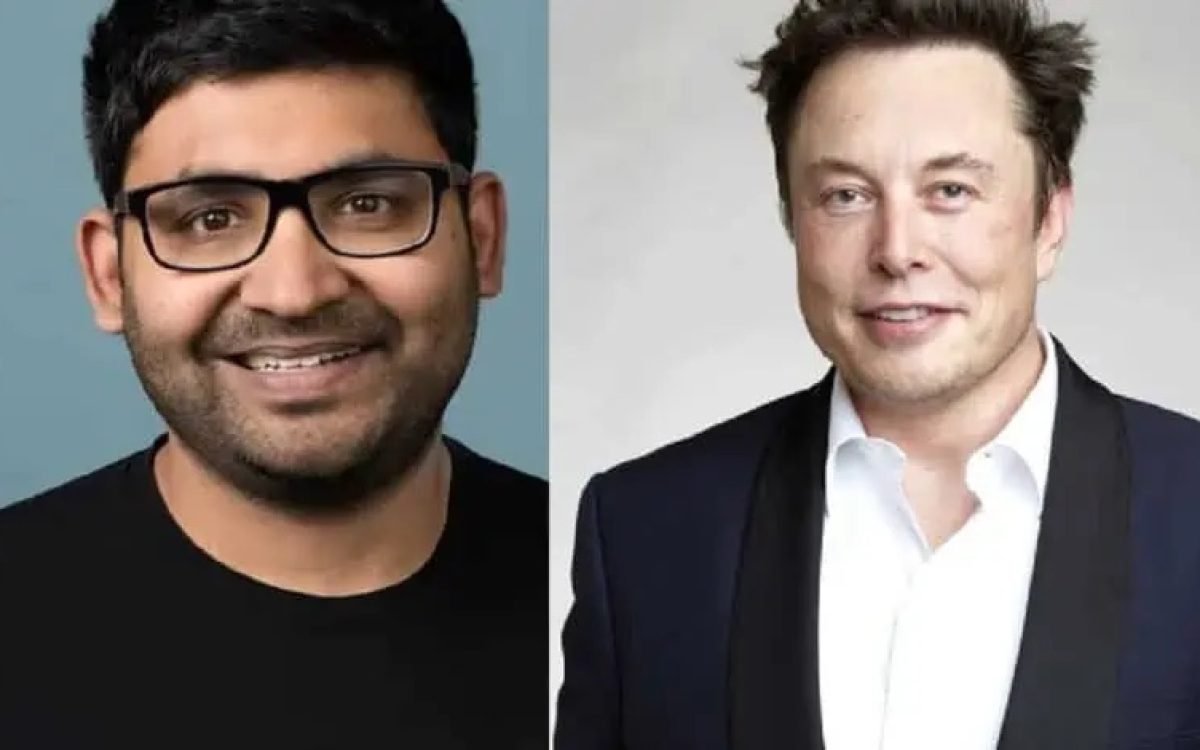In a recent legal development, Parag Agrawal, the former CEO of Twitter, and three other former employees have filed a lawsuit against Elon Musk, the CEO of Tesla and now owner of Twitter (rebranded as X). The lawsuit, amounting to approximately $128 million, alleges unpaid severance following Musk’s acquisition of the social media platform.
Agrawal, alongside ex-chief financial officer Ned Segal, former Twitter head of legal and policy Vijaya Gadde, and former Twitter General Counsel Sean Edgett, contends that Musk displayed hostility towards them by publicly stating his intention to withhold severance payments totaling around $200 million upon assuming control of Twitter in 2022, after purchasing it for $44 billion.
The legal filing, lodged in the US District Court for the Northern District of California, portrays Musk as a figure who flouts legal obligations and exhibits a disregard for financial responsibilities. The lawsuit paints a picture of Musk’s Twitter as a domain where rules are disregarded, payments are withheld, and authority is exercised without accountability.
The lawsuit stems from Musk’s decision in October 2022 to terminate the employment of Agrawal, Gadde, and Segal. This action, coupled with Musk’s subsequent refusal to honor severance agreements, has led to the legal confrontation between the former executives and the billionaire entrepreneur.
In response to news of the lawsuit, Musk’s reaction was succinct, expressing himself through a single emoji on social media, underscoring the ongoing tension surrounding the legal dispute.
As the legal proceedings unfold, the case between Parag Agrawal, his colleagues, and Elon Musk illuminates the complexities of corporate acquisitions, executive transitions, and the interplay of power dynamics within Silicon Valley’s tech ecosystem. The outcome of this legal battle will undoubtedly reverberate across the tech industry, shaping perceptions of corporate governance and accountability in the digital age.









